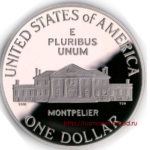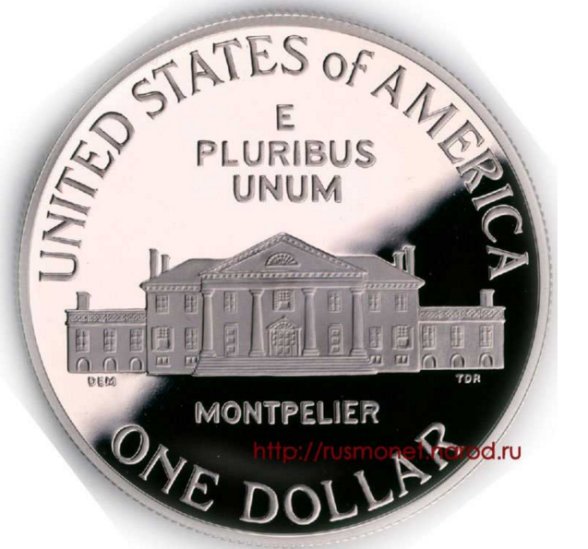 Many of you have met Mary Radnofsky, either online in one of our weekly support groups, on Facebook, or at a conference. You may have seen her presentation from Budapest on our blog as well, and if you haven't watched that, we do highly recommend it.
Many of you have met Mary Radnofsky, either online in one of our weekly support groups, on Facebook, or at a conference. You may have seen her presentation from Budapest on our blog as well, and if you haven't watched that, we do highly recommend it.
We are thrilled she recently accepted a position as a co-opted member of our Board, and has also agreed to be more active DAI member by writing blogs, and being DAI's Editor. Thank you Mary, from all of your new DAI colleagues, family and friends.
One. It Can Be Everything.
by Mary L. Radnofsky, Ph.D.
Second only to my confirmed diagnosis of dementia, I’d say my current transitional period is the most difficult stage of my life: I’m still part of a past with people who knew the Old Me, and I have a foot in the emerging present, as the New Me, but it is difficult to fit well in either world.
Lately, I've been managing bits and pieces of too many tasks without actually enjoying any of them. So last week, I stopped everything, closed my eyes, and envisioned doing just one thing all day. I’d let go of everything else (including my phone). I don't know how often we allow ourselves to do just one big thing at a time anymore, but the idea appealed to me.
Then an opportunity arose: I was offered a paid, improvisational acting gig for three days at the local university law school, to role-play a witness in a court case. I’d created scenarios in the past to train teachers, so I was sure I could do this. I studied my complex character, and figured out arguments for her case.
My first day at the law school, I attended lectures and studied my part. I created twists and turns in my testimony for the students to solve. This was like teaching; I felt like the Old Me – (well, maybe not the pre-dementia superwoman who had a career, relationship, home, friends, travel, and fun), but at least the Me who was happy immersed in a single, worthy project.
Over the next two days, I had a new commute, but simplified it with Uber, to keep out the distractions of bus, metro, traffic, noise, heat, crowds – the minutiae of life – that can gnaw at what you love. Acting demanded all my focus. I studied, I learned.
The experience reminded me of my student days, when I'd put off projects until the last minute, so I had to focus on just the one until I finished. It was great. And I believed I’d pulled it off again, that I still had “it,” a gift for words, a quick wit (or at least the ability to fool people).
On the day, though, one rather lawyer in charge publicly criticized me. I defended my portrayal of a tough, working class woman to show the students a different kind of client. I gave examples of how they could have convinced me to give the information they needed. But at break, the lawyer hijacked my students, kept them from working with me, and ignored my very presence. At lunch, I confronted the lawyer, who condescendingly dismissed all I said.
Though my interpretation of the role (and situation) was far from perfect, and whether I was wrong or the lawyer was a jerk, I realized I didn't fit in. I didn’t like the way that felt. And I’d been publicly disgraced. I didn’t like that either. Maybe it was because of my perceived lower social status (I was an actor, he a lawyer), that he saw fit to treat me like dirt. But I was still me the professor inside, and I didn’t like being treated that way. My only comfort was the thought he probably treats waiters and cleaning ladies with the same disdain.
But it still hurt. I’d thought I still had “it.” I wanted it to be true. This had all the trappings of middle-class life, job security, civility – the kind of social and financial security I’d known for decades (now gone from my life as I have no job or health insurance, retirement, savings, or family, though thankfully still a few friends). But I probably wasn’t picking up on nuances and context clues.
I can't pass anymore as the Old Me. That’s clear. So today I stop trying. Today, I start to enjoy the New Me. I can still learn, teach, risk, love, fail and try. And as I evolve with my dementia, I’ll surely do things differently. I’ll just have to figure out my new role in society. I still have the right to enjoy Life, and I still want make a difference.
I’m still part of society, even with my new feelings and interpretations of reality. I believe that means it must also evolve with me and others like me. An evolving society must accept people with changing abilities and limitations. An evolving society must be willing to organizationally re-invent all that is necessary to ensure that society serves the needs of people, not the other way around.
I believe we can help society understand its changing responsibilities, and let go of its outdated beliefs. Society is made up of us all – including those of us with dementia. It’s time to redefine our roles within society, and to determine the kind of society in which we all want to live. e pluribus unum*
* "e pluribus unum" - Latin, appearing on US coins, meaning, "Out of many, one." Believed to come from Heraclitus, "The one is made up of all things, and all things issue from the one."
